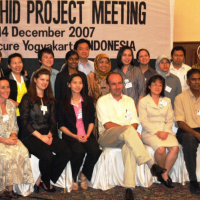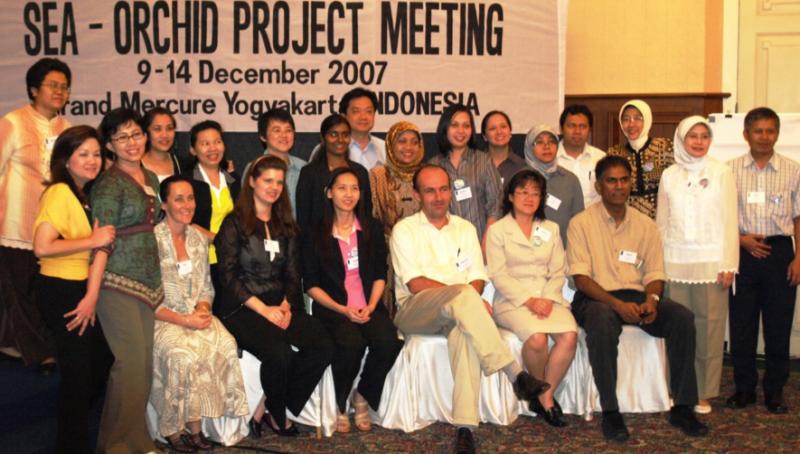
Three things are needed to have a healthy child', a colleague once told me. 'A healthy mum, a healthy mum and a healthy mum!' While it might sound a little trite, it is also unquestionably true. To thrive, a child needs a healthy mum while it is developing in the womb, a healthy mum who can survive childbirth, and a healthy mum to nourish and care for the child as it grows.
The importance of healthy mums is well understood by the Cochrane Indonesia team who have been working to improve the wellbeing of Indonesian mums for decades.
While important progress has been made in maternal health in the last 25 years, with global rates of death in pregnancy and childbirth falling by almost 50%, more than 300,000 women still die every year in pregnancy and childbirth, and rates of maternal death in Indonesia are alarmingly high.
Fortunately, maternal health is an area in which we have good research about what needs to be done. The vast majority of all maternal and child deaths could be prevented by simple, cheap interventions that have been proven to work in reliable research.
Many of these interventions have been evaluated in Cochrane systematic reviews, which have rigorously identified, evaluated and synthesised all the relevant, high quality research studies, producing reliable summaries to guide health policy and practice. In fact the first Cochrane review, a quarter of a century ago, was of an intervention during pregnancy, corticosteroids, that is still saving the lives of babies today.
On the basis of these Cochrane reviews we know that things like injections to prevent bleeding after delivery and simple medications for pregnant women with high blood pressure can save the lives of Indonesian mums, and that other simple interventions like hand washing and breastfeeding can prevent deaths of their babies.
As part of international research collaborations like SEA-ORCHID and SEA-URCHIN, members of the Cochrane Indonesia team have been working since 2004 to teach others how to do systematic reviews to answer questions that matter to the health of Indonesian mums and babies, and to determine how best to get the results of these reviews into practice in Indonesian hospitals. More recently, working with the Indonesian Academy of Sciences (AIPI), the Cochrane Indonesia team has also been guiding production of evidence briefs to enable policy makers to develop evidence-based health policies that ensure all Indonesian mums and babies get the right care.
It’s challenging work but it is vital, because a healthy future for Indonesia rests in its mothers’ arms.
Words: Dr Tari Turner
Image: Group photo of SEA-ORCHID fellows from Indonesia, Thailand, Malaysia and Philippines (with Jackie Short and Dr Tari Turner) at the SEA-ORCHID Project Meeting, Yogyakarta, December 2007.

